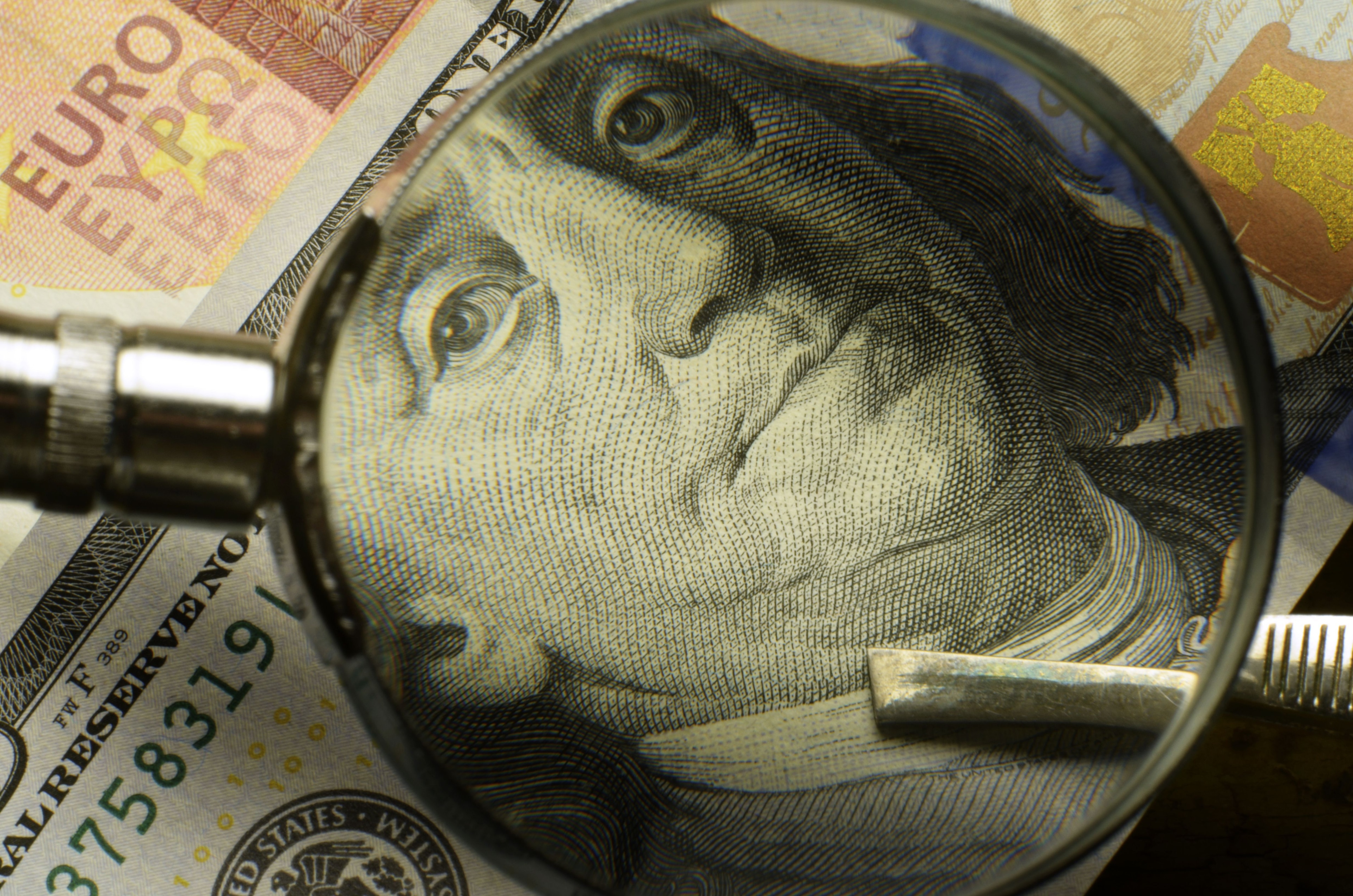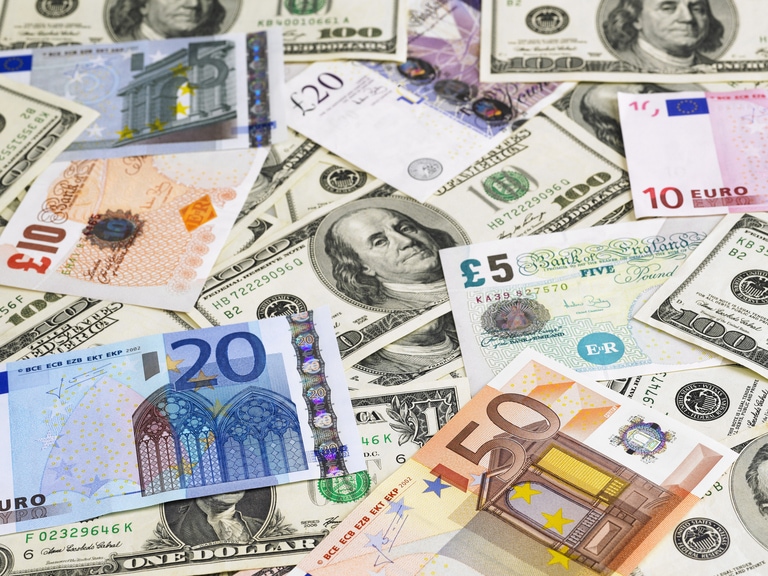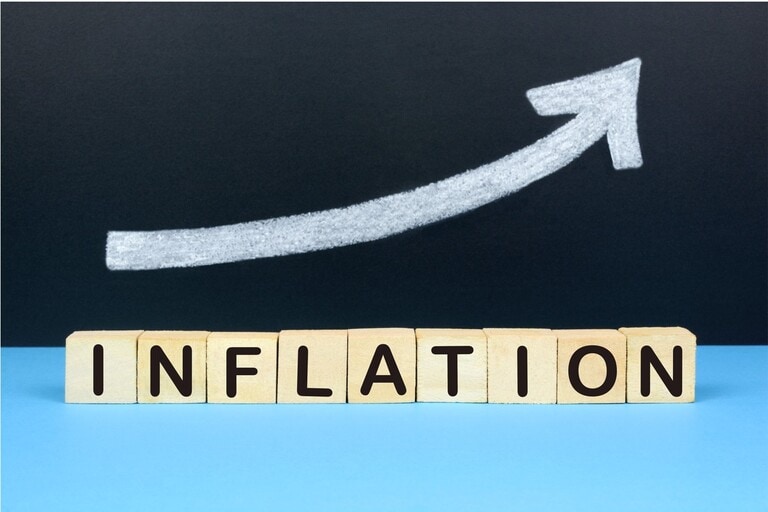At one point it looked as if markets in Europe were going to open higher in the wake of the start of aid convoys into Gaza over the weekend, however a combination of rising yields, and concerns over the prospects for global growth saw markets initially slide into the red, with the DAX sliding to a new 6-month low.
Europe
Sentiment has stabilised a touch in the afternoon session as yields retreated from their intraday highs, and while the DAX and FTSE100 have struggled, the CAC 40 and FTSEMib have edged into positive territory, making it very mixed session for European stocks.
It’s been a broadly downbeat session for the FTSE100 with weakness in UK housebuilders after Vistry Group become the latest house builder to warn on its sales, saying that it saw little evidence of an uptick in sales during September in what is normally a buoyant time for sales. This has resulted in the group downgrading its forecasts for adjusted profit before tax to £410m. Vistry also said it was looking to reduce headcount by 200 to simplify the business integrating Partnerships and Housebuilding to save £25m in annualised cost savings.
Basic resources have also been a drag with Mexican gold and silver miner Fresnillo the biggest fallers on the back of sharp declines in silver prices.
AstraZeneca is also acting as a drag even as CEO Pascal Soriot hits back at reports he is to step down, describing them as “fake news”.
The DAX has also slipped back with German automakers under pressure after Volkswagen announced an increase in Q3 revenue of 12%, to €78.8bn, however the shares have slipped back after the car company said that profits were likely to be impacted by higher costs due to volatility in commodity prices, as well as an increase in production costs.
Rolls-Royce shares have shrugged off the weekend news that the company could be facing a £350m legal claim from investors after bribery allegations in 2017 impacted the firms share price.
At the time Rolls-Royce came to a settlement of £497m with the Serious Fraud Office as it looked to draw a line under the problem, which had taken place over 3 decades across several of its regional offices in Indonesia, Thailand, Russia, and China to name but a few.
Since that settlement was announced in January 2017, the share price initially went on a rally to 4-year highs in July 2018, which suggests that any share price impact from these events was reasonably limited.
The main reasons for the declines since those 2018 peaks was the various reliability problems around its Trent 1000 engines, which resulted in costs of more than $1bn, followed by the pandemic, which saw its share price plunge to the multiyear lows in 2020.
US
US markets initially took their cues from today’s weak European session, dragged lower by a combination of rising US rates, and uncertainty over the US economic outlook with the S&P500 slipping to its lowest levels since 1st June, briefly slipping below the 4,200 level, before rebounding.
We’ve seen a bit of a recovery since that dip, helped by a retreat in yields from their intraday highs after a tweet from Pershing Square’s Bill Ackman that he had covered his bond shorts and that the US economy was weaker than it looked.
Having seen Exxon pay $59.5bn for Pioneer Natural Resources, at $253 a share last month, helping to cement its position as the one of the major operators in the Permian Basin, giving it a 15% of the regions total output, its US rival Chevron today announced its own big M&A deal, paying $53bn for Hess or $171 share.
This deal will offer Chevron access to the Hess resources in Guyana, helping to underpin the idea that despite the transition towards renewables, investment in oil and gas remains a lucrative business. It also goes to indicate how investment of this kind is even more important at a time when the world is becoming even more unstable, and the main areas of this instability are the regions where the world gets its main sources of supply. Chevron will also gain access to Hess facilities in the Permian basin as well as the Gulf of Mexico. Chevron said it doesn’t foresee any antitrust concerns with respect to the deal.
Apple shares are slightly lower after China announced that it was investigating Foxconn for tax irregularities on its subsidiaries in Guangdong and Jiangsu provinces.
Ahead of its earnings tomorrow, Microsoft said it is investing $3.2bn to boost AI and tech in Australia over the next 2 years.
FX
There’s not been much in the way of action on currency markets although the US dollar has slipped back a touch on the back of a pullback in yields from the daily highs.
The euro is slightly better bid ahead of this week’s ECB rate meeting, while the pound is also holding up well after ratings agency Moody’s removed the UK economy from negative watch from its current credit rating of Aa3.
Commodities
Crude oil prices are lower as the threat of an imminent Israeli ground invasion gets pushed back to allow time to secure further hostage releases. While the prospect of a delay to any Israeli invasion is being welcomed by the markets, there could be another reason for the pause, in that the distractions being posed by Hezbollah on the Lebanon border could be prompting some reappraisal of strategy by Israeli commanders.
Gold prices have also slipped back from 5-month highs after US 10-year yields briefly touched their highest levels since 2007 at 5%.






